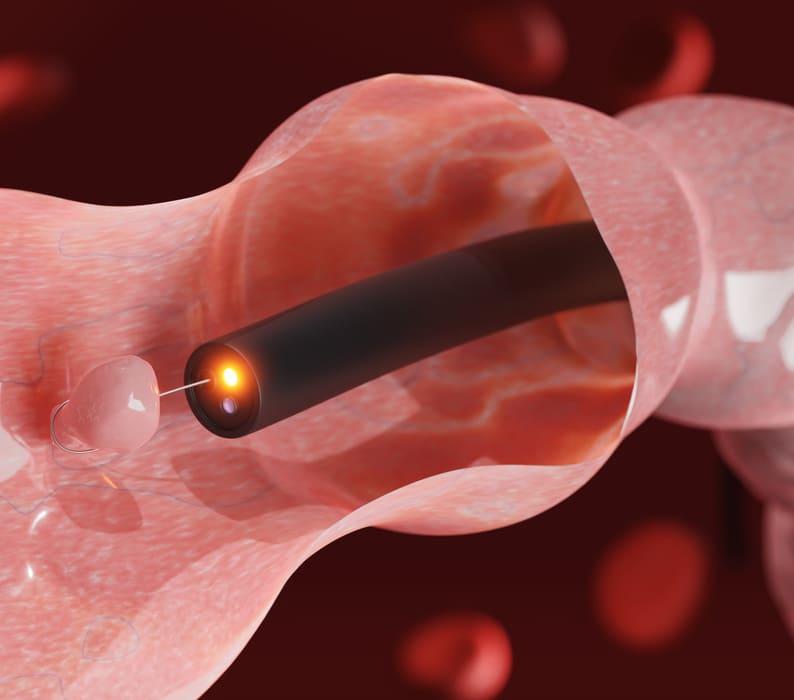Colorectal Cancer Awareness and Screening
The American Cancer Association recently reported that 2024 is expected to set a record for new cancer diagnoses. Notably, in adults younger than 50, colorectal cancer is now the leading cause of cancer death in men and the second leading cause of cancer death in women. Additionally colorectal cancer often does not cause any symptoms until it is too late to treat effectively. For these reasons, the Life Muse team is providing this update regarding new colorectal cancer screening recommendations:
For all U.S. adults starting at age 45, the US Preventive Services Task Force now recommends a colonoscopy or stool-based FIT-DNA test (i.e. Cologuard®). A colonoscopy should then be repeated at least every 10 years or sooner depending on provider recommendations. A FIT-DNA test should be repeated every 1-3 years.

What are my screening options?
Colonoscopy is considered the “gold standard” in colorectal cancer screening because it allows your provider to visualize the inside of your large intestine. An additional benefit of a colonoscopy procedure is that if a problem is found at the time of the procedure, it might be possible to treat at the same time. Commonly, the provider may remove polyps (abnormal growths) and test them for cancer. Removing these polyps can also prevent cancer from developing and spreading. For more information on details like prep, sedation and recovery, click here.
Stool-based tests include FIT (fecal immunochemical test) and stool DNA testing. These tests are a less invasive way to test for colorectal cancer, but they usually need to be done more often than traditional colonoscopy screening. These tests look at the stool for signs of cancer or pre-cancer. It is important to note that a FIT or FIT-DNA (i.e. Cologuard®) test is not a replacement for diagnostic colonoscopy or surveillance colonoscopy in high-risk individuals. In the event of an abnormal test, a colonoscopy will be required.
How to Obtain Testing
Generally, you do not need a referral from your primary care provider to obtain a colonoscopy. By simply contacting your local gastroenterologist, you can quickly and easily schedule an appointment. Further, by choosing an in-network provider, the cost is 100% covered by your Switch insurance. Stool-based tests will need to be ordered by your primary care provider. As always, make sure to talk with your provider about which option is right for you.
